The American Psychological Association has taken a look at anger across the gender divide. In the 90s, Thomas conducted the Women's Anger Study that revealed three common roots to women's anger: powerlessness, injustice and the irresponsibility of other people. Raymond DiGiuseppe, Ph.D.'s research at St. John's University in New York showed that women were found to be angry longer, more resentful and less likely to express their anger, compared with men.
|
Expressing emotions in the workplace can be difficult, especially anger. Can women who express anger get ahead?
The American Psychological Association has taken a look at anger across the gender divide. In the 90s, Thomas conducted the Women's Anger Study that revealed three common roots to women's anger: powerlessness, injustice and the irresponsibility of other people. Raymond DiGiuseppe, Ph.D.'s research at St. John's University in New York showed that women were found to be angry longer, more resentful and less likely to express their anger, compared with men.
0 Comments
One of the biggest challenges that even the most confident women I know face is trusting themselves. In today's blog, I'm talking about how to deepen trust in yourself by tapping into the brain process that is responsible for your sense of direction, ability to dance, and your sense of self.
We all know that the most memorable and impactful people and events in our lives, the ones that move us and inspire us to take action, are those that evoke high emotion. Yet we still live in a time where people (especially in business) judge emotional expression to be weak and inappropriate. Today, I'm talking about how to express yourself without coming off as too "touchy-feely" so that you can honor, validate, and authentically express your emotions.
We live in a world that instructs us to hold our truest desires and intentions close to our chest, and to not share them with others. We consider them bargaining chips in negotiations, and are told not be vulnerable by sharing them. We withhold information from our loved ones as to not hurt their feelings.
When you're in a leadership role, it's critical to give and receive feedback constantly. Feedback should be a constant dialogue both when things are going well and when they could improve. What is the single best thing you can do to give better feedback that will increase your confidence and influence?
One of the foundational skills of feminine leadership is being clear about what your intentions are. This is easier said than done, and it's an essential part of developing mastery in self-awareness...or what we call "getting out of your head and into your vagina" here in the boardroom. Do you know the difference between implicit and explicit intentions? Today I'll explain the difference, and tell you three reasons why having explicit intentions will help you gain confidence and influence.
DOÑA DEI CUORI is my stage name. She was born at the Academy of Burlesque. Where did the name come from and what does it mean? Keep reading to find out...
Earlier this week, I wrote about why self-love is for you. You should also know why self-love belongs in the boardroom. Self-love is a non-negotiable part of my professional/personal development. Over the past few years, I have been ignited researching, prototyping and practicing what women's leadership looks like on a woman's terms. Later this month, I will lead a group of incredible women kicking off The Irresistible Woman workshop (Jan 30-Feb 1st). Then in March I'm offering my 4 week challenge. Both these events put the spotlight on women and how self-love improves their leadership.
This is such an important question to ask. The significance is really even in asking the question. I’m proud to work in a professional community of artists that engages in rigorous dialogue around this question often.
|
Cat CuevasMy musings and intimate reflections on being influential, sexy, credible, and being a woman leader. Archives
September 2016
Categories
All
|
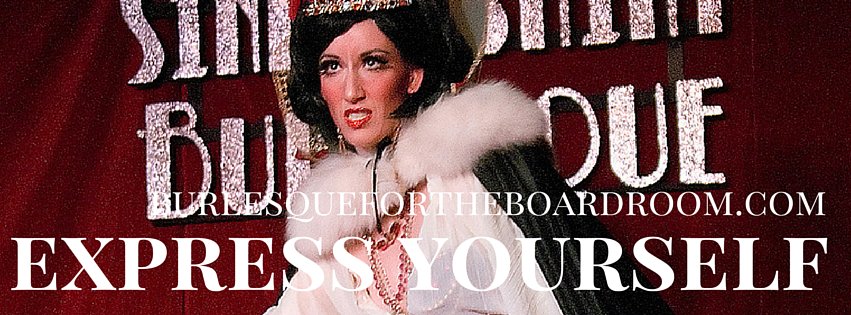
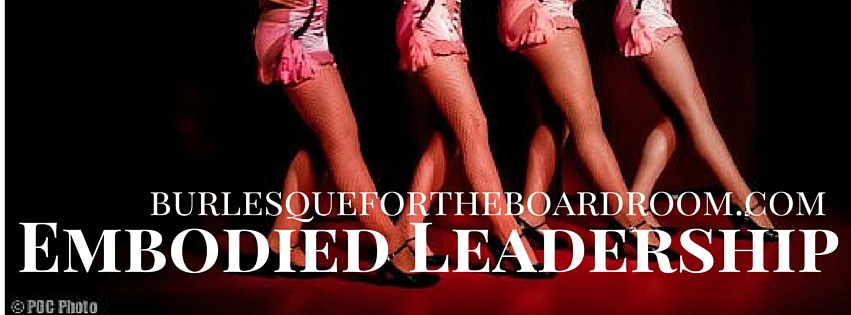
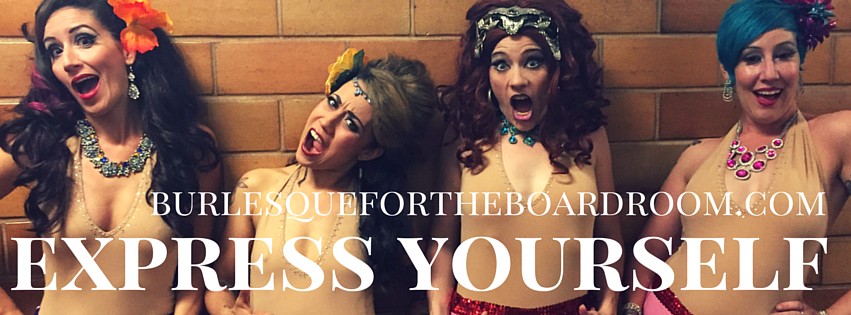
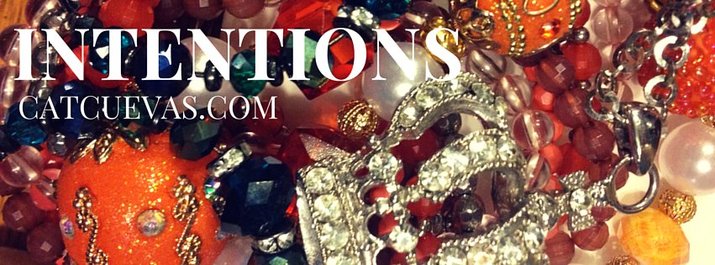
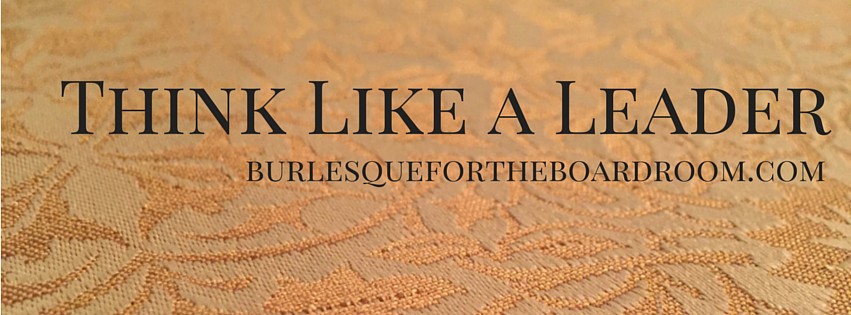
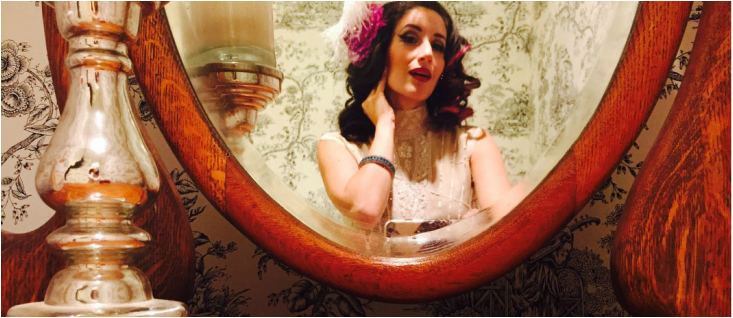



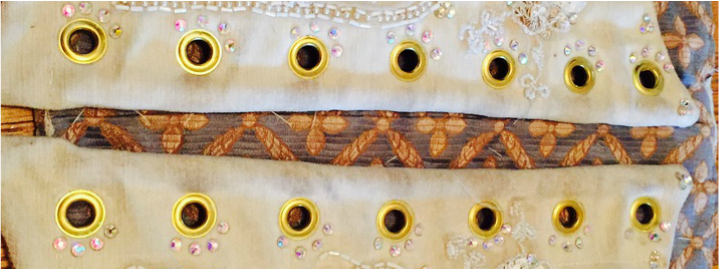
 RSS Feed
RSS Feed
